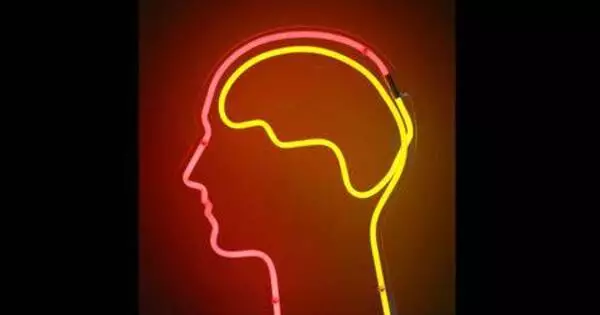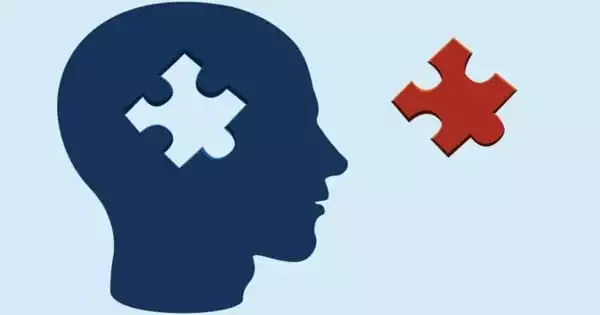Cognitive neuropsychiatry is a multidisciplinary subject that blends cognitive neuroscience with neuropsychiatric concepts to better understand and treat mental diseases. It is a burgeoning multidisciplinary discipline that emerged from cognitive psychology and neuropsychiatry with the goal of understanding mental illness and psychopathology in terms of models of normal psychological function.
It is concerned with the connection between the brain, cognition (thinking processes), and psychiatric diseases. The interest in the brain basis of defective cognitive mechanisms connects cognitive neuropsychiatry to basic neuroscience. CNP, on the other hand, offers a method of exposing normal psychological processes by analyzing the repercussions of their modification or impairment. This method aims to understand the brain mechanisms behind diverse mental health issues, as well as how cognitive process disruptions contribute to the development and maintenance of these illnesses.
Key aspects of cognitive neuropsychiatry include:
- Neurobiological Basis: Cognitive neuropsychiatry studies brain structures and functions related with various cognitive processes to investigate the neurobiological foundation of mental illnesses. This entails observing brain activity in patients with psychiatric illnesses using various neuroimaging techniques such as functional magnetic resonance imaging (fMRI) and positron emission tomography (PET).
- Cognitive Processes: Memory, attention, perception, and decision-making are some of the cognitive processes studied in order to understand how abnormalities in these processes may contribute to mental diseases. For example, researchers may look into how memory deficits contribute to illnesses like post-traumatic stress disorder (PTSD) or how attentional biases contribute to anxiety disorders.
- Clinical Applications: Cognitive neuropsychiatry aims to translate research findings into clinical applications. This may involve developing interventions or treatments that target specific cognitive processes to alleviate symptoms or improve overall functioning in individuals with psychiatric disorders.
- Individual Differences: Individual differences in cognitive functioning and neural profiles among patients with the same psychiatric illness are recognized and investigated in this discipline. This individualized approach permits a more detailed understanding of mental health disorders and may inform more specialized treatment techniques.
- Integrative Perspective: Cognitive neuropsychiatry combines data from numerous fields, including neuroscience, psychology, psychiatry, and neurology, to provide a comprehensive knowledge of the brain’s and behavior’s intricate relationships.
Despite their therapeutic utility, current syndrome classifications (e.g., DSM-IV; ICD-10) lack empirical support as models of normal cognitive processes. Without a cognitive level of analysis, no neuropsychological descriptions of how the brain ‘functions’ would be comprehensive. CNP goes beyond diagnosis and classification to provide a cognitive explanation for long-standing psychiatric behaviors, regardless of whether the symptoms are caused by recognized brain pathology or malfunction in brain areas or networks that lack structural lesions.
Cognitive neuropsychiatry contributes to the development of more targeted and effective treatments for mental health issues by merging insights from cognitive neuroscience and psychiatry. It bridges the biological and psychological components of mental health, promoting a more holistic approach to understanding and treating psychiatric problems.
















